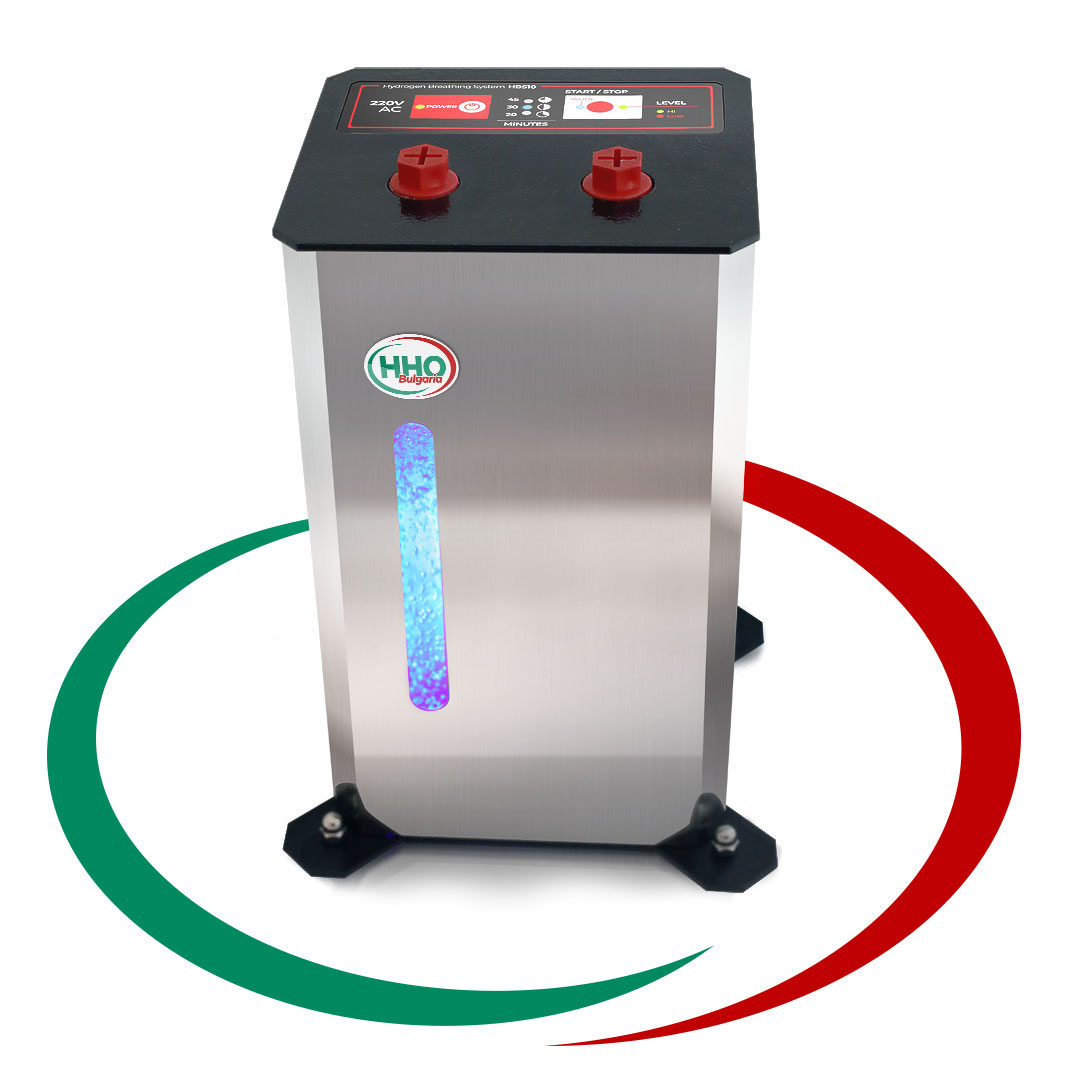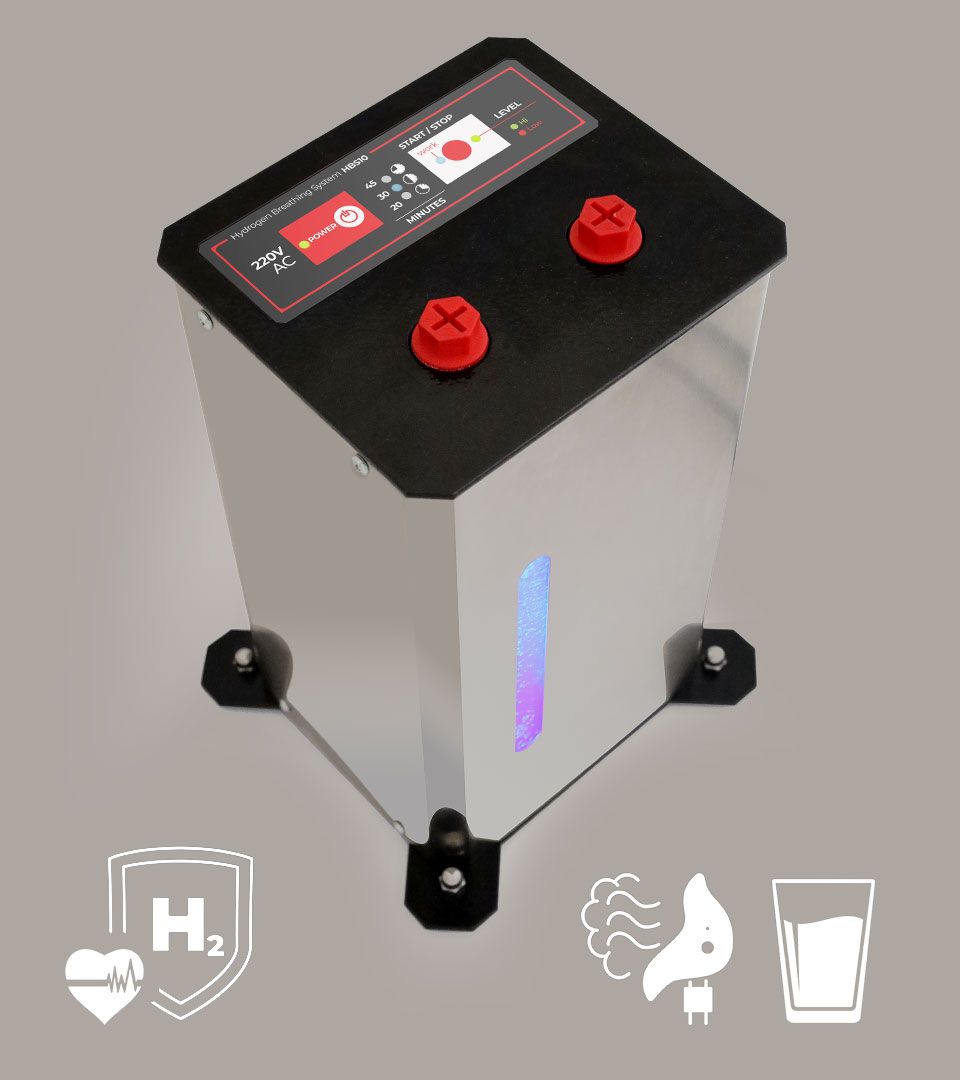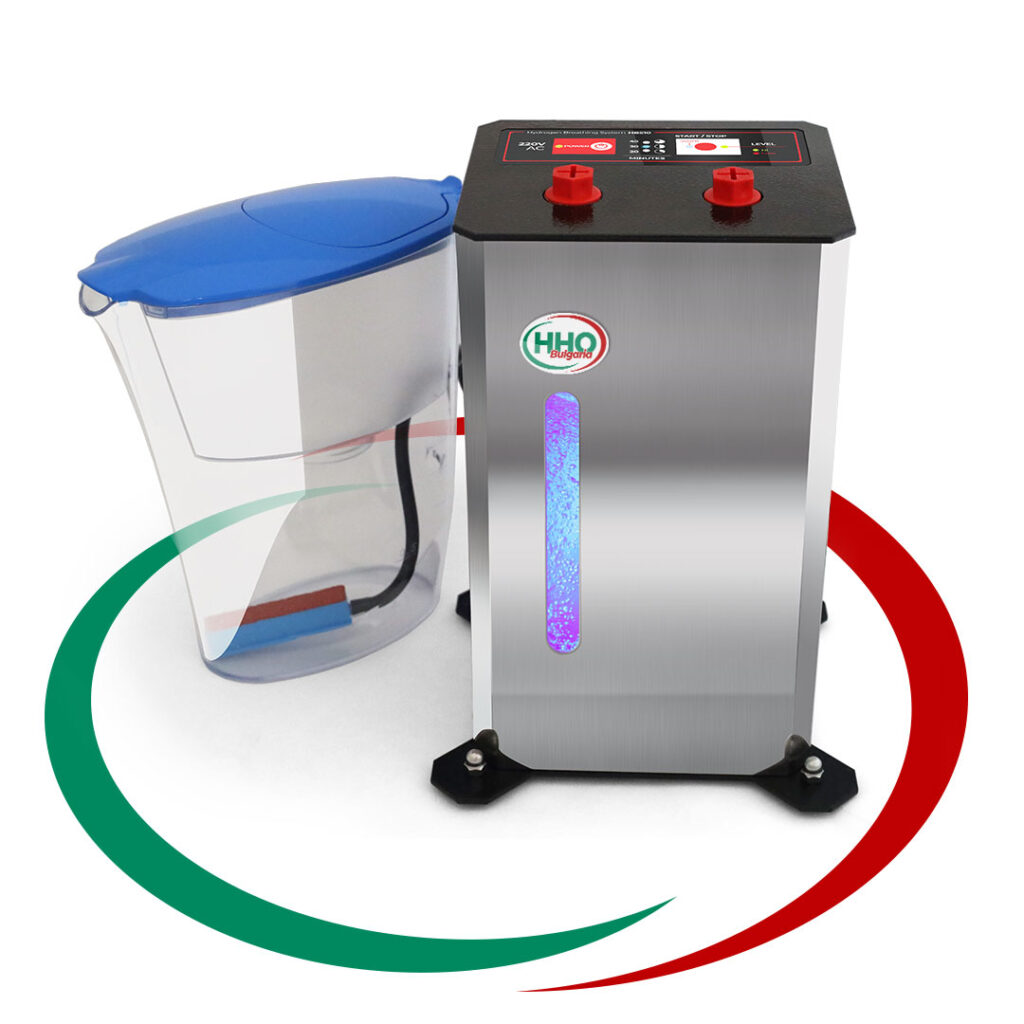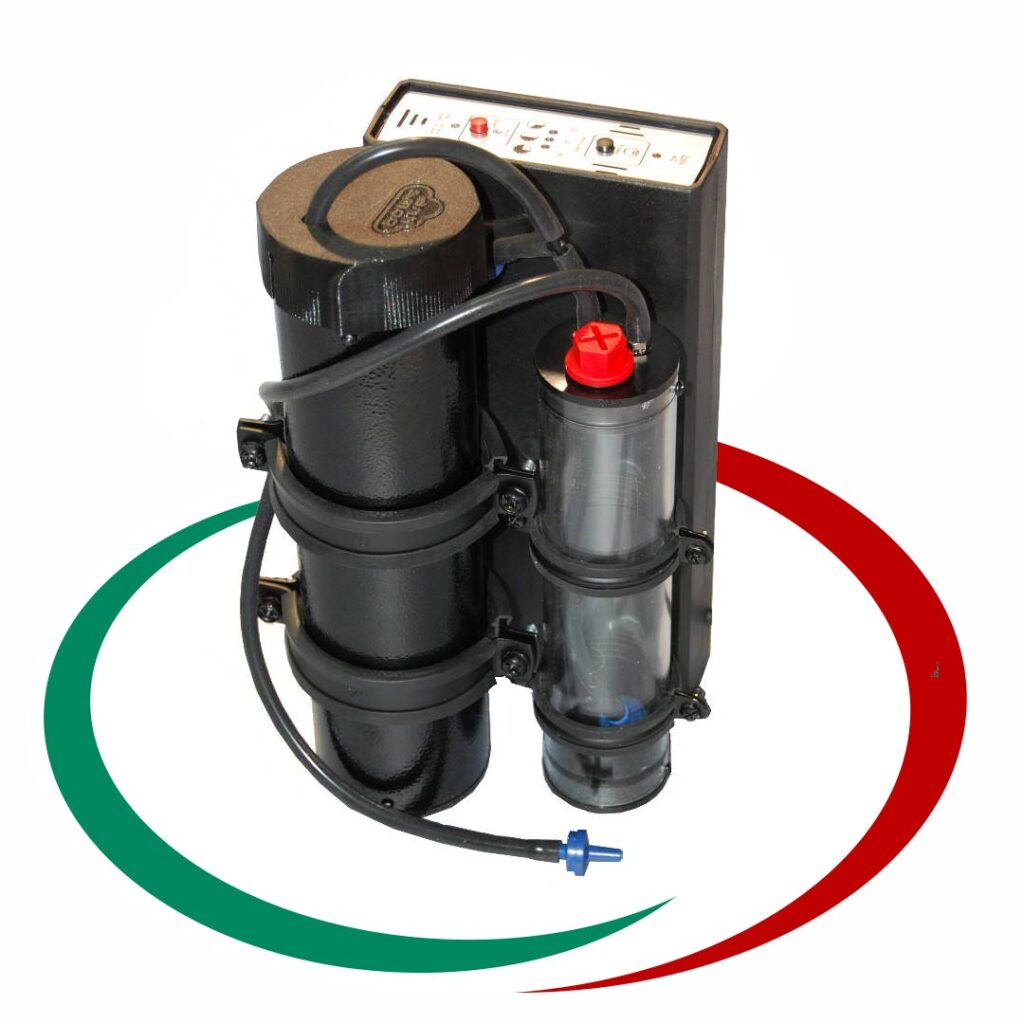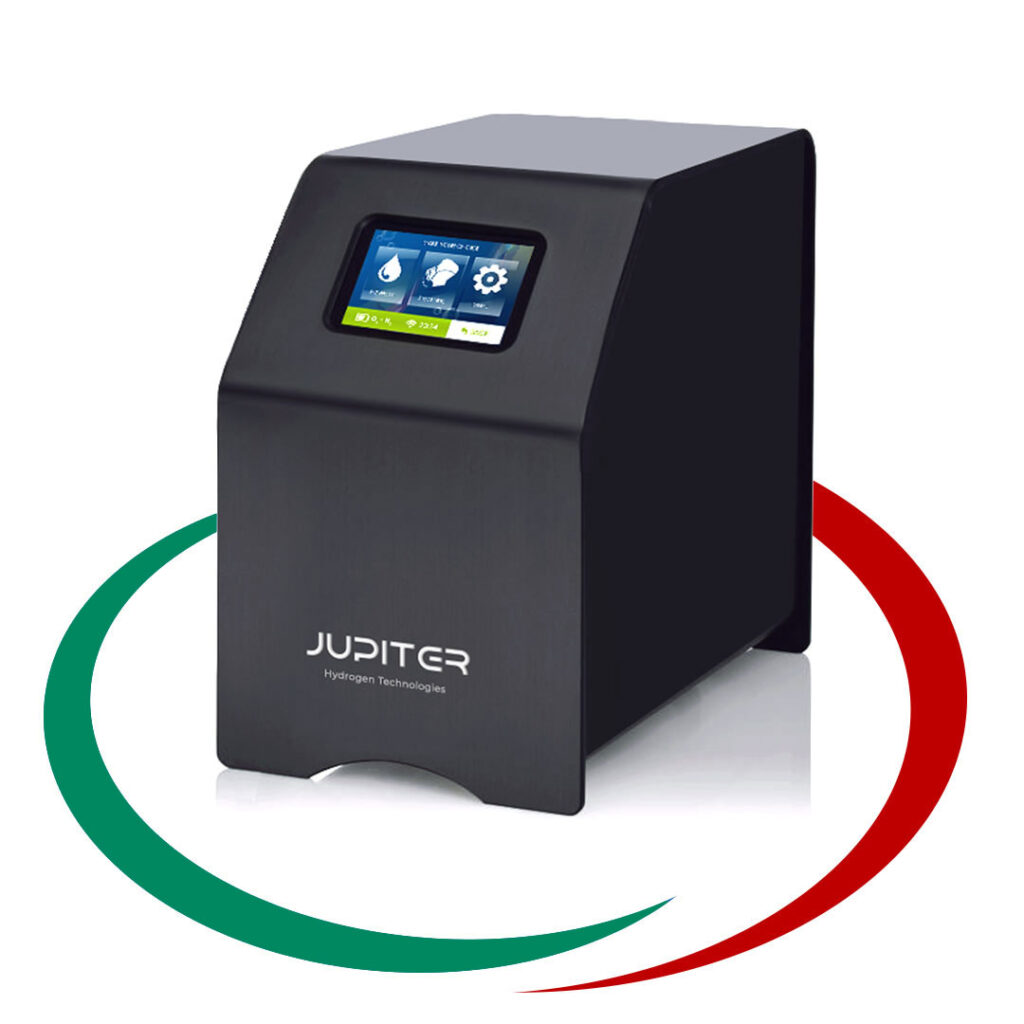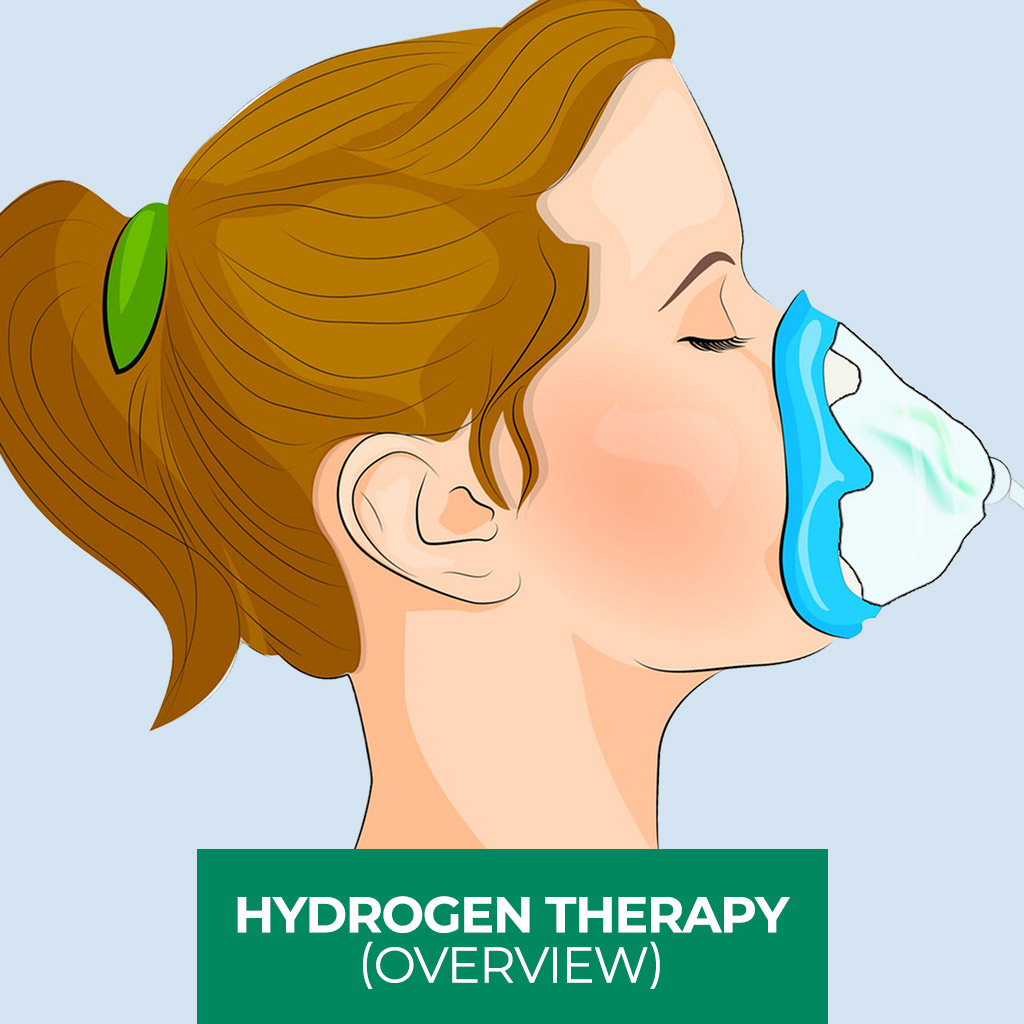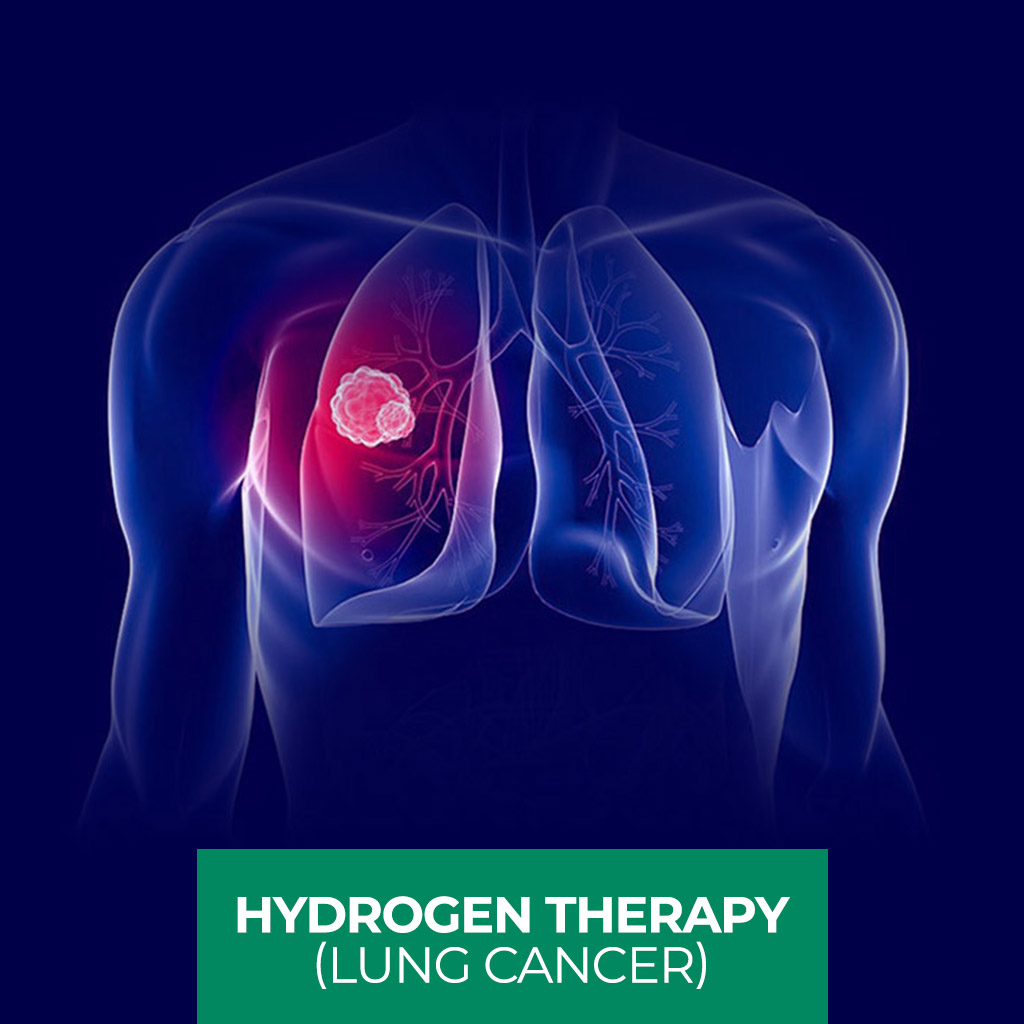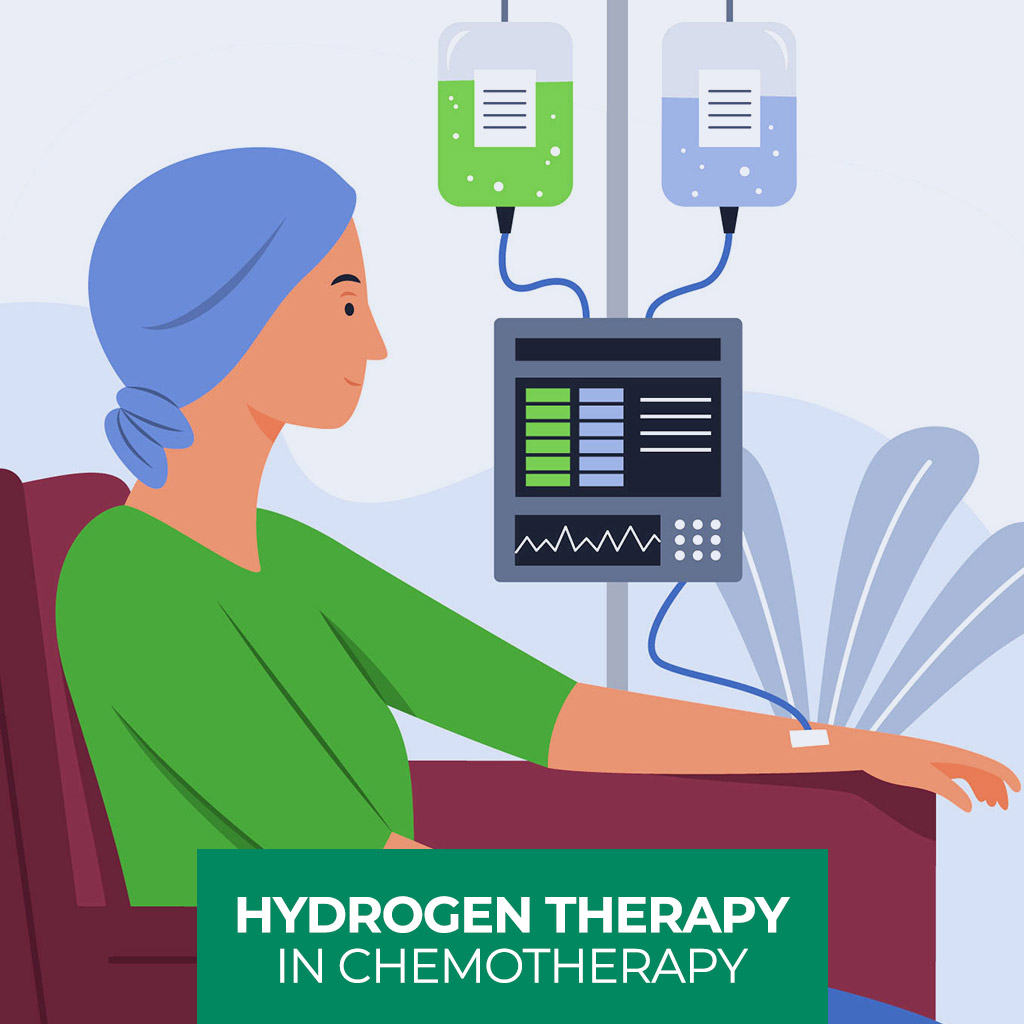Hydrogen Therapy in
Cancer Treatment
Hydrogen is known to help fight cancer
Today, cancer treatmentsare increasingly successful. There are many methods and medications that made this possible. Unfortunately, however, all traditional methods and drugs for the treatment of cancer have side effects. A rare exception from this unfortunate “rule” is Hydrogen Therapy.
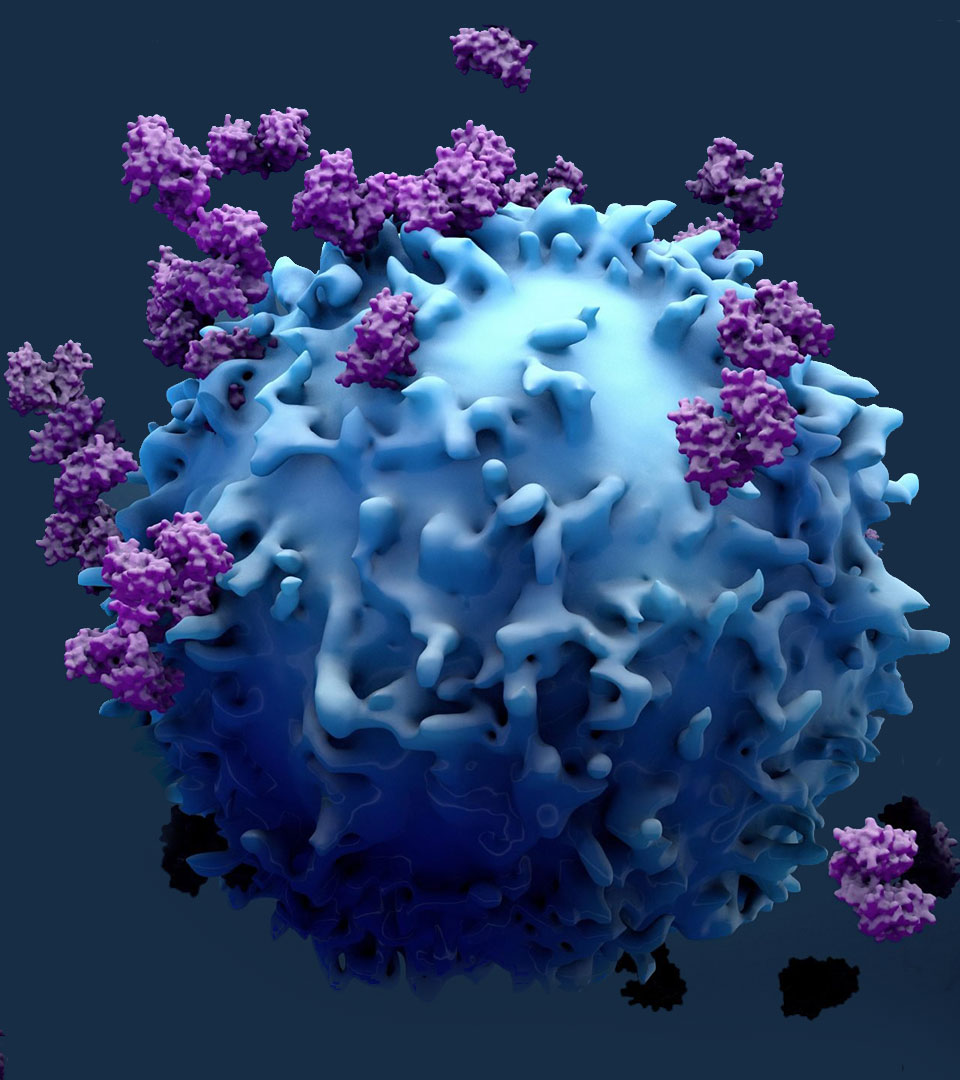
A medical study of the benefits
of Hydrogen therapy
conducted on 82 patients with different forms of cancer
the study also documented the following
conclusions and results:
Hydrogen is completely harmless
to the human body
In hydrogen therapy (ingestion of Hydrogen Water and/or Hydrogen Inhalation), no harmful side effects are observed, even on the contrary – it effectively helps to restore organs and cells affected during radiotherapy and/or chemotherapy.
Inhaling hydrogen is a relatively new but very successful alternative treatment for cancer, and numerous medical publications undeniably prove it.
HYDROGEN THERAPY
AT HOME
HBS10 is a hydrogen water and hydrogen inhalation apparatus that makes it easy toadminister hydrogen therapy at home.
Chromatographic study at the Academy of Science
Certified
Two modes of operation:
- Inhalation of hydrogen
- Hydrogenation of water
New ergonomic design
Easy innovative one-button control
Stainless-steel Housing
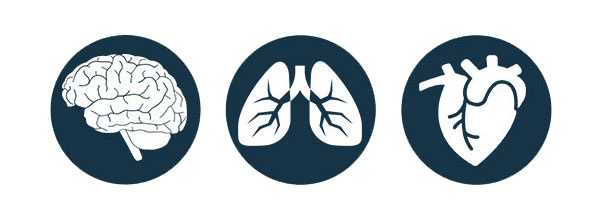
Hydrogen helps
the human body fight
Cancer
- 82 Cancer Patients Were Subjected To Hydrogen Therapy
- 83% improved conditions in stage 3 cancer patients
- 5% improved condition in stage 4 cancer patients
- 2% decrease in abnormal tumour markers
In patients with advanced cancer, inhaled hydrogen can improve patients’ quality of life and control cancer progression.
Of the 80 cases of tumors visible in imaging, the overall rate of control of the disease was 57.5%, with complete or partial remission observed on average on the 55th day after the commencement of inhalation of hydrogen.
The rate of control of the disease was significantly higher in patients in the third than in those in the fourth stage (83.0% and 47.7% respectively), the lowest being the rate of control of the disease in patients with pancreatic cancer.
During therapy, hematological toxicity is not observed, although in individual cases minor adverse reactions that resolve spontaneously were observed.
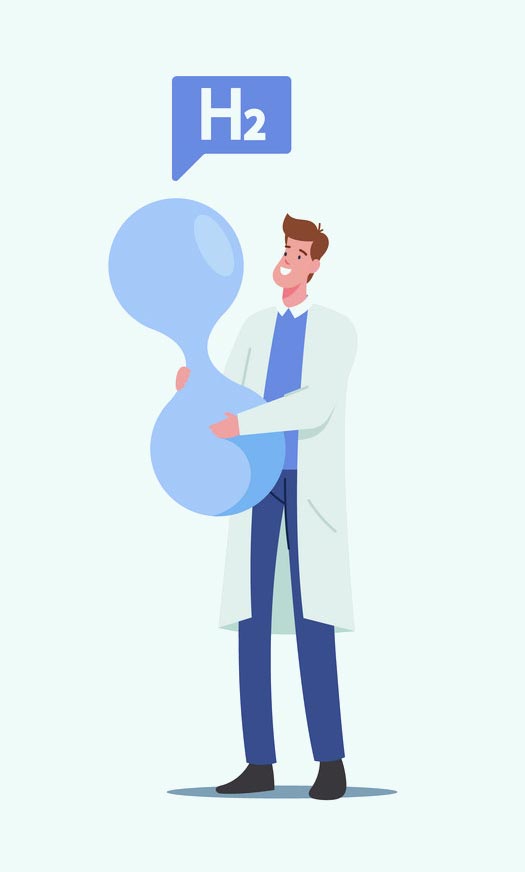
Hydrogen has antioxidant and anti-inflammatory effects
, which can be used to control cancer, the appearance and progression of which is closely related to peroxidation and inflammation.
After 4 weeks of hydrogen inhalation, patients reported a significant decrease in fatigue, insomnia, anorexia, and pain.
In 41.5% of patients, an improvement in physical condition occurred, the best effect was achievedin patients with lung cancer.
Of the 58 cases with increased one or more abnormal tumor markers, after inhaling hydrogen for an average of 23 days, the markers were decreased by 36.2%.
The highest decrease in the marker was achieved in lung cancer, and the lowest in the patients with the pancreas and liver cancer.
Hydrogen inhalation – the most effective method of hydrogen therapy
Hydrogen inhalation is the most efficient method of the hydrogen therapy. When inhaling hydrogen, the molecules get into the lung, and from there directly into the blood stream, where they reach each cell quickly. When inhaled, about 100 times more hydrogen is absorbed, compared to the ingestion of hydrogenated water.
There are international standards for hydrogen therapy. The standard for a minimum amount of hydrogen-oxygen gas taken in during therapy, for it to have a desired effect, is 120 to 240 milliliters of gas per minute.
When these quantities of hydrogen are administered, it is retained for a prolonged period in the blood stream, and thus manages to eliminate harmful free radicals most efficiently. Medical studies have proven that when drinking hydrogenated water, the hydrogen is not detected in the venous blood. On the contrary, when inhaled, hydrogen remains in the blood stream for up to 2 hours.
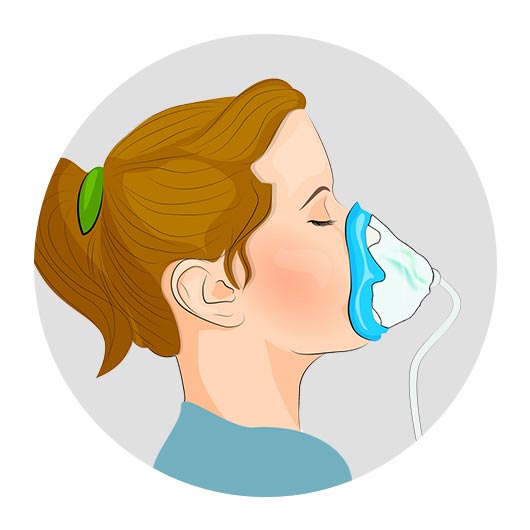
RESUME
Making progress in the treatment of cancer is a huge challenge, which requires new ideas and strategies. A team of various specialists in the field conducted a structured professional study of 82 patients with different forms of the disease in the third and fourth stages who were administered hydrogen inhalation.
The study was conducted using the “Real World Evidence ” method and based on the data collected, the following general conclusions were drawn:
☑ In patients with advanced cancer, hydrogen inhalation can improve their quality of life and control cancer progression.
☑ Hydrogen Therapy can be used as a strategy for the rehabilitation of patients with advanced cancer.
☑ Inhalation of hydrogen is a simple, inexpensive treatment with negligible or most often no side effects.
Selection of other relevant
medical publications on hydrogen Cancer Therapy
can be found in our blog:
HBS10
the latest hydrogen therapy device on the market
TYPE 2-in-1
- for the production of Hydrogenated Water;
- for Hydrogen Inhalation
Designed and manufactured in EU based on previous experience of over 10 years in the production of Hydrogen Equipment.

